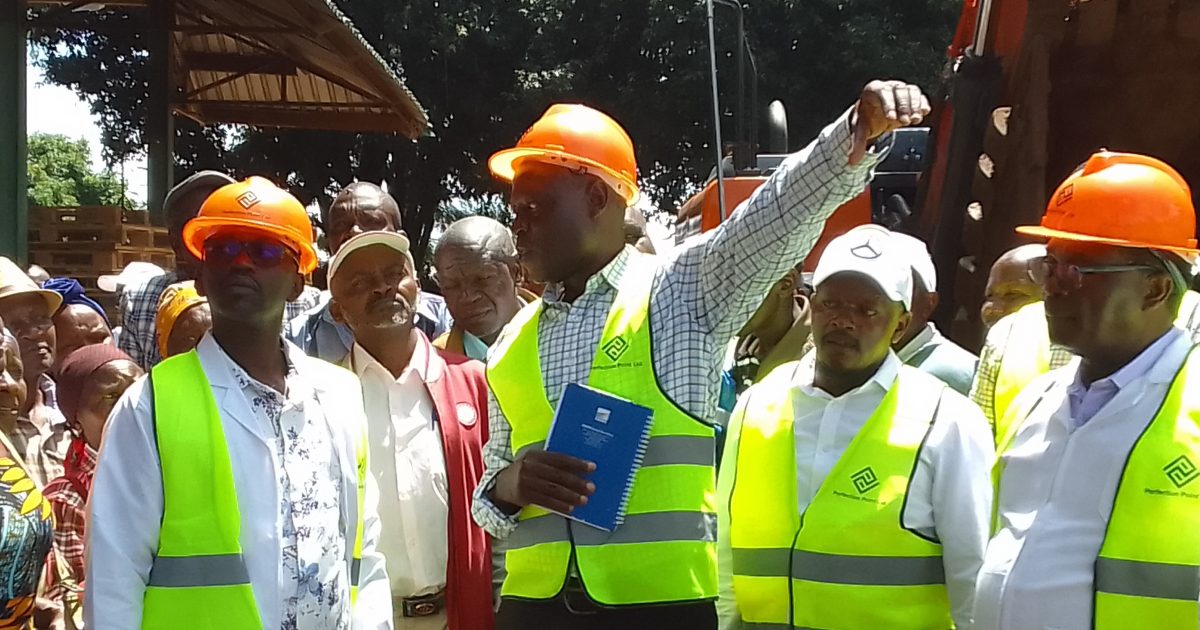The Njunu Tea Factory in Murang’a County has commenced construction of a new facility targeting production of specialty tea brands.
The factory, located in Gatanga sub-county, will spend Sh300 million to set up a new plant that will see them venture into producing orthodox tea brands, which are in high demand in the local and international markets.
The new facility, according to the factory’s Chairman, John Matheri, will be constructed and equipped in two phases, and hopefully by the end of next year, production of specialty tea will commence.
Speaking during the commissioning of construction of the new factory building, Matheri noted that production and selling of orthodox tea brands will generate more earnings for farmers.
The chairman averred that after completion of the new building, they will install an automatic tea withering machine to assist in the processing of green leaf, awaiting the installation of orthodox tea manufacturing equipment.
“Njunu is eager to join other KTDA-allied factories which have ventured into manufacturing specialty tea brands. The products are currently in high demand in the local and international markets,” added the Chairman.
He explained that the new building will combine the sections of tea withering and orthodox product manufacturing.
Matheri affirmed that with the first phase scheduled to be completed in September next year, automatic withering machines will be installed awaiting the importation of the orthodox manufacturing equipment.
During the occasion, Vice Chairman Maina Gathua requested the government to reinstate the reserve price for the interest of the farmers, as suspension will affect the price.
He said the suspension of the reserve price will affect the tea sector as buyers will opt to go for cheap, low-quality teas, thus disadvantageous to farmers who focus on high-quality tea.
“Our plea to the Tea Board of Kenya (TBK) is to reinstate the reserve price to protect the gains made to the farmers. The reserve price protects farmers from getting very low prices for their produce since there is a set lowest price a buyer has to consider,” said Maina.
He added that the amendment of the Tea Act on the increase of the management fee from 1.5 per cent to 2 per cent remains unacceptable as it was passed in 2021.
Maina said the return of the retrogressive Act will hurt the sector, thus the need for the parliament and TBK to embark on public participation before the amendments.
“There is an amendment in the Tea Act 2021 that reverts the management fee to two per cent after it was implemented in July,” said Maina.
By Bernard Munyao





